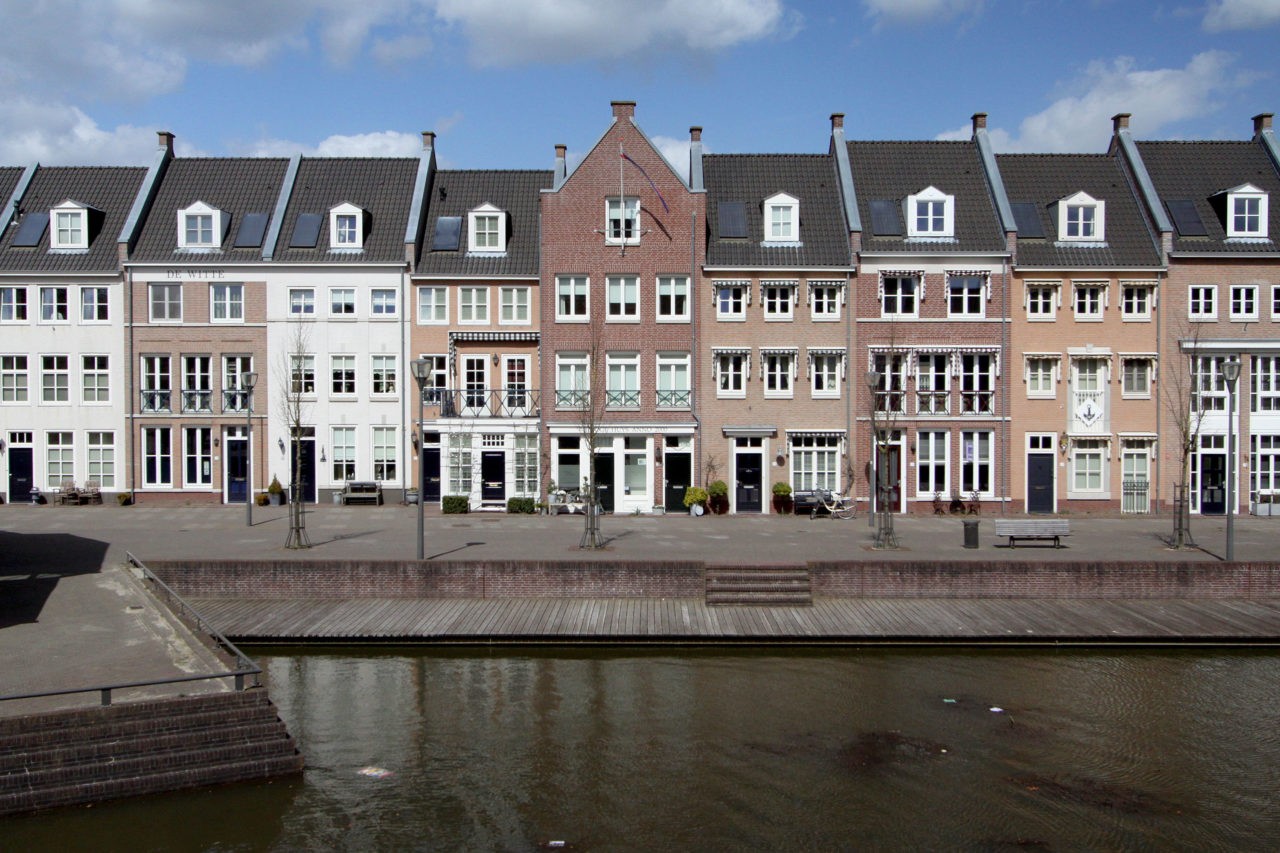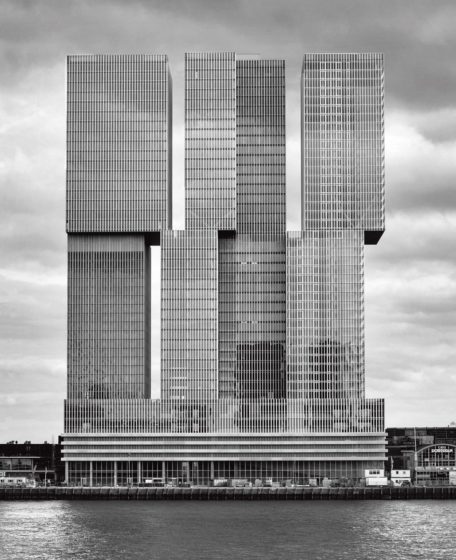
In many countries around the globe, the political landscape has been shaken by the rise of nationalist politics. With a right-wing agenda and emphasise on identity, it opposes the alleged left-wing elite. Newcomer to the tribe in The Netherlands is Thierry Baudet, who holds a PhD in legal philosophy. In the Saturday supplement of the Dutch newspaper Trouw, Hans Teerds wrote a critical analysis of his thinking on architecture, as the key to his political programme. A summary:
In right-wing identity politics, modern architecture, like modern art, is often the subject of criticism. It is associated with leftish elitism as well as oikophobia, a term coined by the British philosopher Roger Scruton meaning anxiety for the own culture by the leading elite. An eloquent version of this view can be heard today in the speeches of the Dutch politician Thierry Baudet. ‘We are undermined by universities and journalists, by the people who receive our art subsidies and who design our buildings,’ he recently stated. In his comments, he describes modern architecture as an attack on humanity and destructive to communities.
His political agenda aims to embrace the Dutch cultural tradition, in order to restore the oikos. According to Baudet, this ‚home‘ for a community consists of three levels: politics, ethics and aesthetics – a ‚we‘, where ‚our‘ rules apply, and where we ‚do something we like‘. The last part of course is understood as the domain of architecture. Ironically, this agenda is more familiar to modern architecture than Baudet will want to believe. After all, his conviction radiates confidence in the emancipatory power of architecture.
The Faces of our Craving Rootedness
He might have a point if he expects architecture to contribute to the community: there are many ways in which the built environment affects society, consciously and unconsciously. It constructs the world, and affects ways inhabitants dwell, move, work, relax. To understand this agency is a pivotal insight in the ethical as well as aesthetical dimension of (landscape) architecture and urban design, which actually runs parallel to the profession of politicians. Intervention in a shared world, in politics through laws and regulations, in architecture through projects, is a responsible task, for which society must be held accountable. Understanding this ethical dimension makes room for the necessary healthy (self-)criticism. Baudet’s ambition to restore the oikos through an agenda of exclusive cultural identity shows that he is overconfident and does not understand the limits of political interference. The feeling of spiritual homelessness, he alludes to, shows that craving rootedness is all too human and that the earth is not immediately suitable for humans to settle. Hence the need for constant intervention. This is precisely what politics is all about: new projects, new laws and regulations, in order to respond to new wishes, feelings, challenges and developments. Spiritual homelessness cannot be solved with a political agenda, nor with a traditional formal language in architecture. The architect cannot build a home for the community, the politician cannot arrange it. Indeed: with the ambition to create such a home, both run the risk – to quote Baudet – of being a downright ‚attack‘ on society.

But what can we do?
Being at home in the world – even if we do not understand it through the spiritual perspective – more has to do with feeling rooted within oneself than with a nostalgic view of society and environment. It must first be understood as ‘grounding’, a verb, the establishments of relationships as well as the development of patterns and rituals within which the world is appropriated. It is a process that is never finished and always deserves attention and investment. But what about (landscape) architecture and urban design? These professions contribute to the potentiality of being at home as they shape the condition within which the human being is able to appropriate its environment. Design does not form a neutral background, but can facilitate or obstruct this process of appropriating the world.
Link to the original article «Leve de moderne architectuur! (Maar Baudet heeft wel een punt)».
Dr. Hans Teerds is post-doctoral researcher at the Chair for the History and Theory of Urban Design (Prof. Dr. Tom Avermaete). In his dissertation At Home in the World (TU Delft, 2017), he used the writings of philosopher Hannah Arendt to investigate on the public and political aspects of architecture.